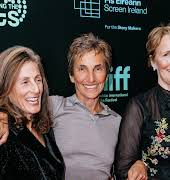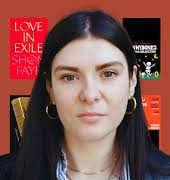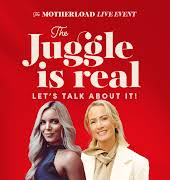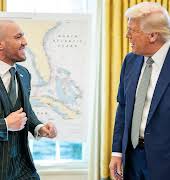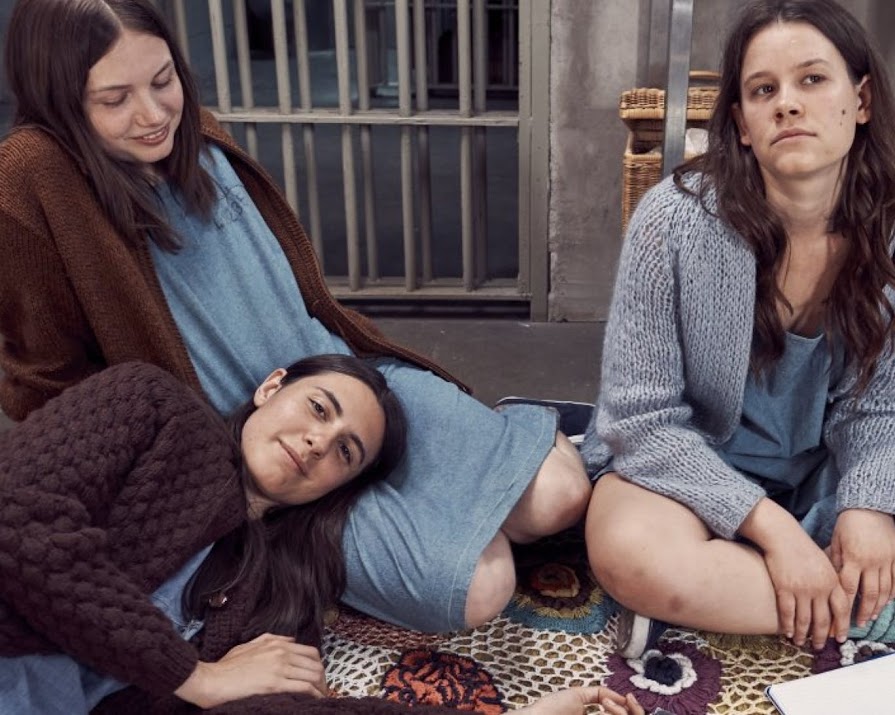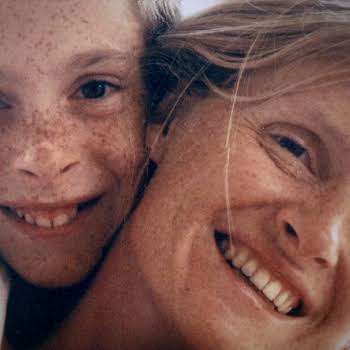
By Jennifer McShane
10th Aug 2019
10th Aug 2019
This summer will mark the 50th anniversary of the Manson family murders. Jennifer McShane takes a closer look at why coverage continually ignores the victims and obsessively reports on his female followers.
The summer of 1969. That is when the followers of cult leader Charles Manson killed actress Sharon Tate, wife of director Roman Polanski, as well as her unborn baby and four other victims in her Los Angeles home. The coven-like collective would commit a total of nine murders in four locations in July and August of 1969. The tragedy saw an abrupt and terrifying end to the era of the summer of love that had gone before and heralded the end of the carefree days of the sixties, a time which continues to be heavily romanticised.
Given that the anniversary is near, it’s perhaps not surprising that three movies about the cult and their murders have been or are about to be released: Quentin Tarantino’s Once Upon a Time in Hollywood, Hillary Duff vehicle The Haunting of Sharon Tate, and indie movie Charlie Says, starring The Crown’s Matt Smith.
Charismatic and psychotic, Manson became a cultural phenomenon; the media were obsessed with the man who convinced his doe-eyed followers to do his bloodshed and bidding – including the women involved in committing the crimes.
Related: Must-read book of the week: The Girls by Emma Cline
The sense of public fascination has hardly tapered since; there are currently almost 250 books about or inspired by the Manson Family on sale on Amazon – and only a handful on the victims themselves.
I remember when Manson died in 2017. I was disgusted at the lack of coverage devoted to those he had callously murdered.
There’s something about the murders that are problematically glamourised.
Sharon Tate was so high profile at the time of her death, it’s her name that’s said in the same breath as Manson today. One would have to wonder, if Tate, a beautiful Hollywood actress hadn’t been involved, would his victims be remembered at all?
The sex, the drugs, the girls. But because the women in his circle remain a subject of fascination, the victims themselves get very little time. Several of the women involved with the Manson Family are still alive, and so this ensures that we’re pulled back to the story – almost to their story – again and again.
Public fascination with Charlie’s “girls”
You can almost see why. The girls discovered Manson at a time when they were at their most vulnerable. Young, some pregnant, broke, without family, and feeling lost, they were easy prey. They wanted a better life and Manson promised them that, free from the constraints of what they saw to be an oppressive society. Some were runaways, but others, such as Susan Atkins, were from good backgrounds, some educated. It didn’t stop them from flocking to his web.
Their crimes were heinous yet the fact remains that there is something about the young women’s loss of innocence; their descent into the dark side that means we’ll always talk about Charlie’s “girls.”
They were brought into the spotlight once again when Emma Cline’s powerful debut The Girls was released in 2016. So desperate for love and adult approval is our protagonist Evie, that she ignores the signs of brainwashing and becomes immersed the world of a born-again, self-titled prophet; this man, “an expert in female sadness” drawing on girls with neglectful parents. Our narrator, alongside all the other girls, are easy targets; Russell (the novel’s Manson) asks them to give and give they do. They offer their minds, bodies and money and then much more to please their leader who wields power over them with tales of love and no boundaries.
And now, a new film sees the female members of the Manson Family once again be the centre talking point.
Charlie Says
Charlie Says is directed by Mary Harron and written by Guinevere Turner, who have previously worked together a cult classic everyone has seen: American Psycho (2000). It gets some things right. Unlike American Psycho, and rather than glorifying Manson to the same extent, Harron and Turner were more interested in exploring the stories of the women sucked into Manson’s orbit.
Indeed, the film’s most central figure is Karlene Faith, a feminist academic who specialises in the women’s prison system. Several years after the Manson murders take place, Faith visits “the Manson girls” – Leslie Van Houten (Hannah Murray), Patricia Krenwinkel (Sosie Bacon) and Susan Atkins (Marianne Rendon) – in prison, with the goal of helping them come to terms with what they did.
“‘[I thought] Oh, this is something we haven’t heard before,’” Turner told Variety of her decision to make the film. “It was a new perspective and a perfect way to humanise the girls because she met them as we always saw them – these sort of interchangeable zombie-hippie girls.”
So, yes, it gives the girls another layer of humanity. But, arguably, so do countless interviews on YouTube.
What about the human side to those that were killed? Often known simply as the “victims,” people without names. What of the life they left behind, the friends, their family members who never got over their deaths?
Where is their movie?
Their names are Abigail Ann Folger, Wojciech Frykowski, Steven Earl Parent, Sharon Tate Polanski, Paul Polanski, Jay Sebring and Leno and Rosemary LaBianca.
And they deserve so much better than this.
Main photograph: @Variety

